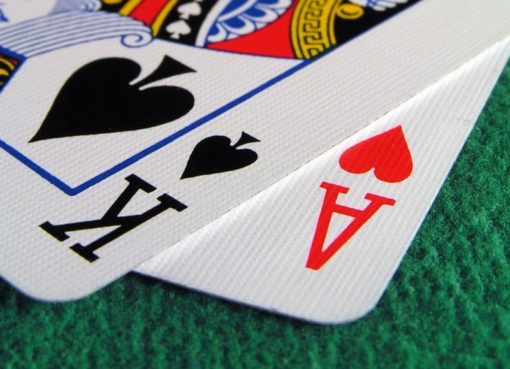In poker, bluffing represents a skill that takes time to master. But executed convincingly, timely bluffs make winning hands where you otherwise have nothing. Online tables let observant players exploit subtle tells and spot ideal bluffing situations.
Choose your games selectively
Attempting bluffs blindly across all poker variants proves risky. Certain games like Texas Hold’em offer more bluffing opportunities thanks to extra street and community cards. Studying optimal bluffing frequencies for your game selection gives you credible reasons for representing hands. The master position also dictates feasible bluffs. Use late position in Hold’em when most opponents already acted to define ranges. Bluffs face lower chances of confrontation from players left to act behind you. Reduce bluffs when out of position and facing many upcoming challengers.
Table Selection Matters
Pick softer tables of weak, passive opponents rather than tough pros to spot bluffs. Recreational players call down lighter, so bluff less frequently but use large bets seeking immediate folds when you do bluff. Pick off their small pots instead with calculated value bets. Against savvy sharks, bluffs must tell a believable story where you represent a credible range. Not only spotting visual tells matters but also assessing dclub77 betting patterns, showdown behavior, and folding tendencies. Their post-flop aggression makes bluffing riskier since you often face check-raises destroying your maneuver.
Watch for tells
Even online, subtle tells indicate underlying hand strength or weakness. Tracking opponents’ tendencies gives essential insight into ideal bluffing times against specific players. Signs like overplaying big pairs on boards with flush potential flag future bluffs when chases materialize. Pay attention also to timing tells. Insta-folds after your C-bets reliably indicate weakness even if they bet big preflop. Other players enter tank mode with strong made hands so bluffs earn impatient folds from the rest. Capitalize when regulars deviate from established patterns through unreliably timed actions.
Choose boards with care
Bluffs work best on boards with flush, straight, or three-of-a-kind potential missing just one card. Since many opponents connect with pieces of these draw-heavy boards, representing the made hand earns folds. Pay close attention, however, to paired boards since trips often outkick your bluffed two-pair in later streets. Be aware also of wet board textures where players likely connected strongly on early streets. You must proceed cautiously with bluffs where callers already hold completed draws. Spreadsheet players will recognize your pattern eventually when over-bluffing certain board textures.
Size your bets convincingly
Bet sizing constitutes a crucial aspect of believable bluffing. Surprisingly small bets often get called more lightly where opponents smell weakness and bloat pots steering mid-strength hands outplayed later. Overbets also credibly define made hands with the pot now too large to chase draws profitably. Mix up sizings contextually for balance — 2/3 pot bets, half pot bets, min bets, overbets. Enhance credibility by firing big continuation bets on earlier streets as though you connected strongly, setting up easy bluffs later when conditions warrant. Keep opponents guessing through smartly varied battering.
Conclusion
Any detectable pattern where observant players sniff out your bluffs triggers profitable exploits destroying your win rate. Mix sensible value bets on strong-made hands with enough polarized bluffs to keep your range balanced. Players soon grasp you only blast the pot with air rather than ever slow-playing real strength. Bombarding every non-showdown win through relentless aggression also gives away bluffs. Occasionally checked wins and showdowns maintain a balance between value and bluffs. Though ultra-aggressive play pays short term, veterans ultimately decipher and target these imbalanced styles long term.





